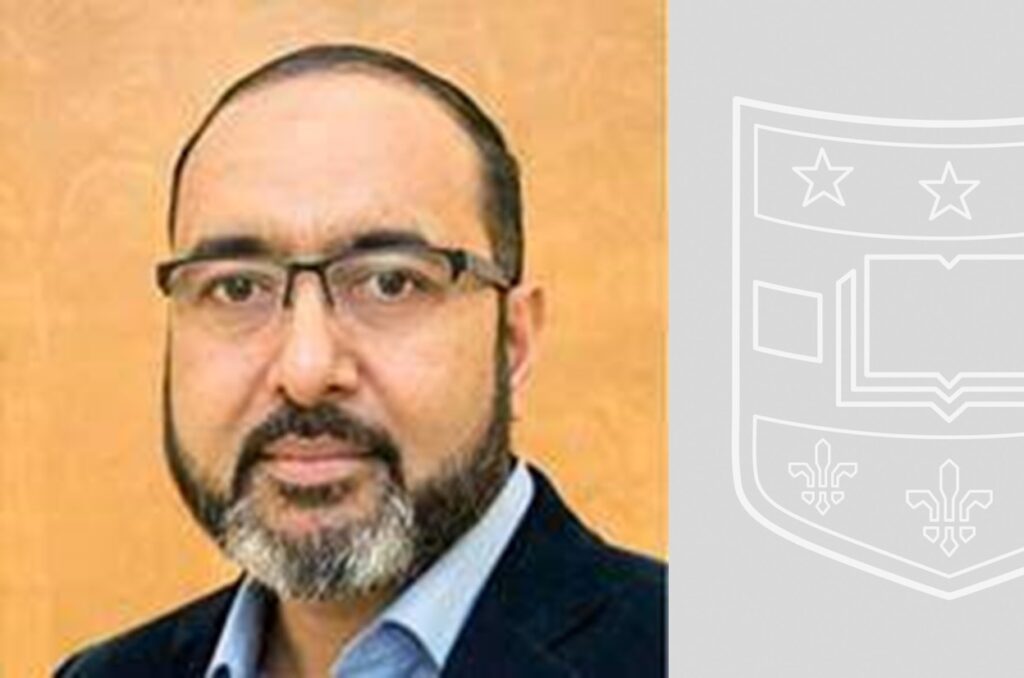As a molecular biologist by training, Dr. Tariq Hamid is interested in understanding the underlying molecular mechanisms related to cardiovascular pathologies such as ventricular remodeling and heart failure. The primary focus of my research is aimed at evaluating the role of inflammation and inflammatory signaling in the progression of such pathophysiology. He previously established the role of tumor necrosis receptors (TNFR) 1 and -2 in mediating ventricular remodeling responses and cardiac function in murine heart failure; specifically, ablation of TNFR1 attenuates whereas ablation of TNFR2 promotes pathological ventricular remodeling. These effects were seen in part related to activation of transcription factor NF-κB. He later also reported that chronic activation of NF-κB induces detrimental LV-remodeling in a NF-kB-p65-subunit dependent manner. I have extensive expertise in mechanisms underlying signal transduction pathways pertinent to cardiac remodeling and pathology. More recently, Dr. Hamid has been actively pursuing studies aimed at analyzing inflammatory cell profiles in failing hearts and evaluating their roles in the progression of myocardial pathology.
The long-term goal of these studies is to evaluate whether immune-cell modulation could be harnessed as a therapeutic avenue in alleviating HF in clinical settings. His laboratory also studies the role of cardiac mesenchymal stem cells (cMSCs) in myocardial fibrosis and regeneration, and establishing the mechanistic relationships between pathological inflammation and stem cell functional outcomes. Factors regulating normal stem-cell function and differentiation in the failing hearts are not clearly understood. Studies related to cMSCs are focused on evaluating the role of two important facets akin to failing hearts on the outcomes of cMSC function; 1) increased myocardial infiltration of monocyte/macrophages, and, 2) exaggerated myocardial fibrosis. Research interests are Heart Failure, Myocardial Fibrosis, Inflammation and Cardiac Remodeling and Stem cells and myocardial repair/regeneration.
